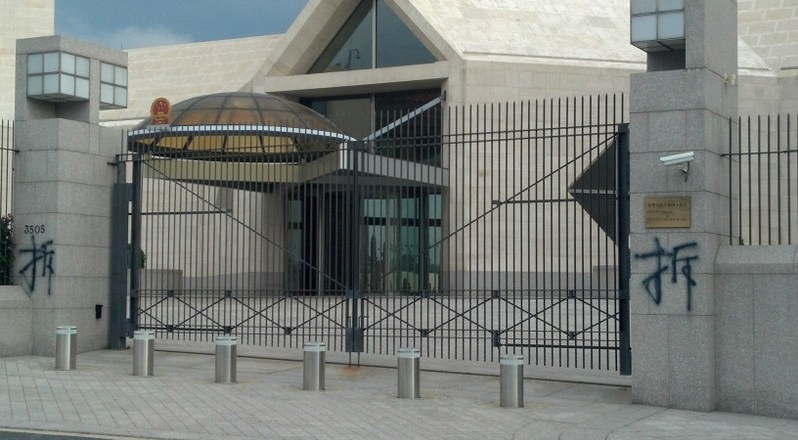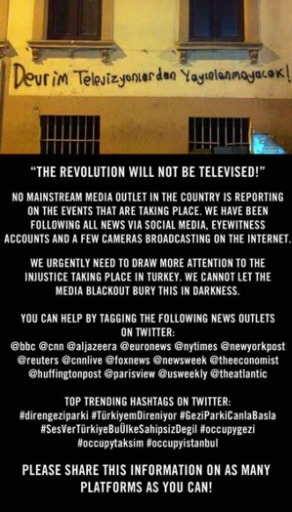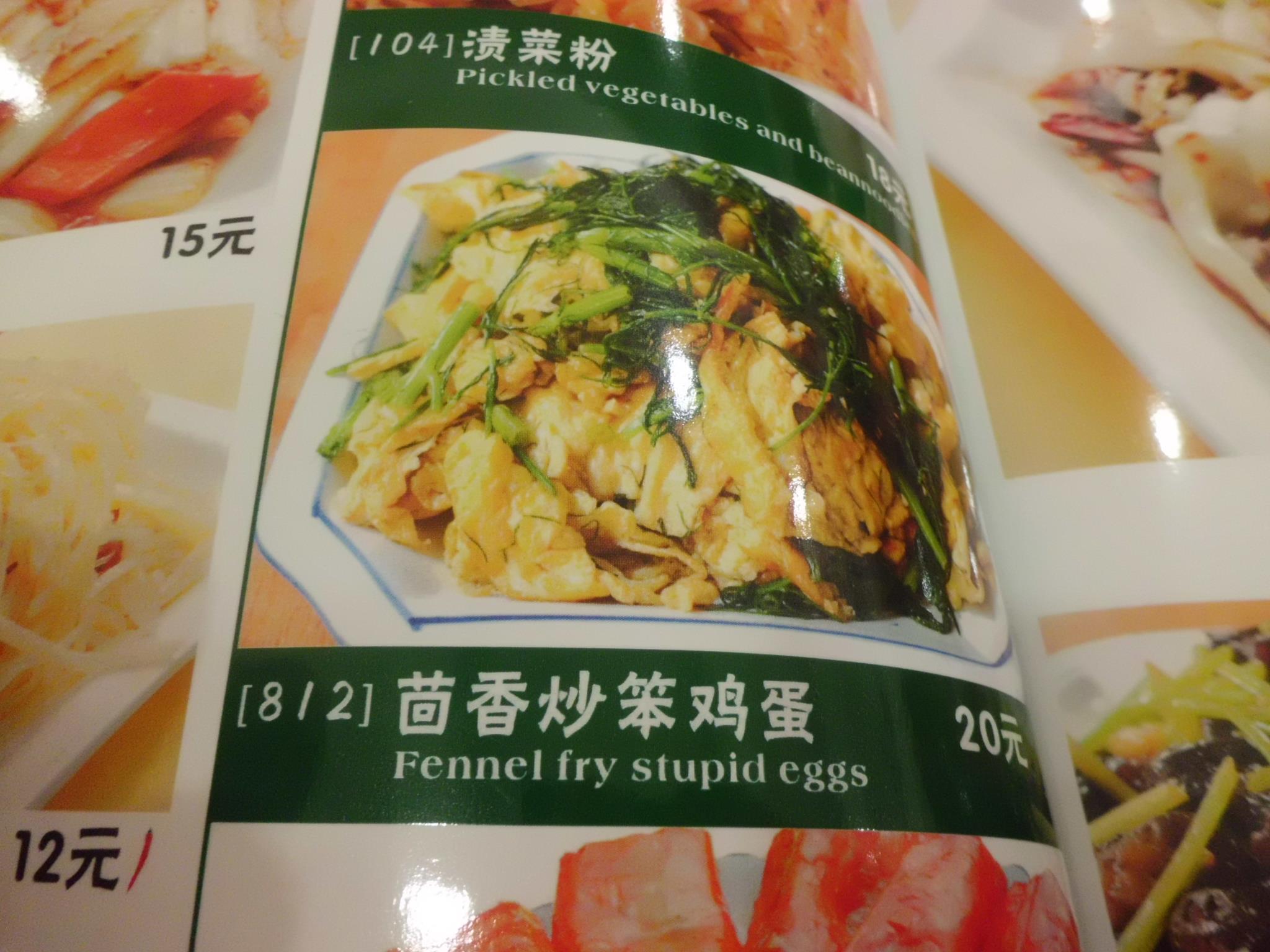Today,
a new paper and media-based dataset on Chinese aid/finance was released by the AidData project, in an event at the Center for Global Development. AidData collected these numbers over the past 18 months, from media reports. According to AidData, the Chinese have committed $75 billion in official development finance to Africa, 2000 to 2011.
I've been getting a lot of emails asking what I think of this study.
Sigh.
I've already provided my comments to the authors in an earlier draft, and warned them about the pitfalls of this approach. Here's my conclusion: this number is
way off. Yes, it's a start, and yes, the goal is a good one, but the approach, and
the publication of this data at this early stage, is a problem, for several reasons.
First, reliance on media reports for data collection on Chinese finance is a very dicey methodology. I elaborate below.
Second, as with the land grab databases, publishing the database before it has been adequately cleaned will solidify what look like rubbish numbers. Data-driven researchers won't wait around to have someone clean the data. They'll start using it and publishing with it and setting these numbers into stone. Yet with errors of the order of magnitude of those I describe below, what kind of results will they be getting and what kind of conclusions will they be drawing?
Methodology: We saw this early on with the Warner School student project on Chinese aid to Africa, which was used by the
Congressional Research Service. This project defined all state-related activities as aid, collected media reports, and then produced the (preposterous) estimate of $18 billion in aid from China for 2007 alone. We have also seen this
with media reports of Chinese "land grabs" in Africa, which created the false impression that the Chinese were very active in land acquisitions in Africa. (Outside of Zambia, where Chinese companies and individuals have been investing since 1990, and a handful of former state-farm aid projects, now privatized with Chinese involvement, there is very little Chinese farming investment in Africa). We've also seen it with media-based data collection on
Chinese involvement in hydropower dams in Africa (click
here for my take on these efforts).
So, how does this latest effort fare? Not so well, I'm afraid. The main problem is that the teams that have been collecting the data and their supervisors simply don't know enough about China in Africa, or how to check media reports, track down the realities of a project, and
dig into the story to find out what really happened. You can start with media reports, but it is highly problematic to stop there.
Mega-errors. Table 2 in the paper provides a good example of the problems. It contains 20 Chinese "megadeals" totaling over US$38 billion.
But only 6 of these 20 projects -- less than a third -- reflect actual deals (Ghana $3 bn CDB credit; Equatorial Guinea $2 bn credit; Angola Phase 1 $1.5 bn, CDB loan to Angola for agriculture $1.2 bn; Cameroon Memve'ele Dam $674 million; Nigeria light rail $673 million).
That's around $9 billion.
Thirteen of the other "deals" never happened, are mistakes, or shouldn't be in the list. Some were under discussion but at least so far, have never happened or were cancelled. Others are simply mistakes of some magnitude. China and South Africa signed a vague
agreement on economic cooperation and discussed investments worth $2.5 billion, this was not a loan. China's agricultural demonstration station in Mozambique is listed with a value of $700 million (it was actually
55 million RMB, or about US$ 8 million). China is listed as the financier of the Merowe dam in Sudan. Wrong. It was built by a Chinese company, but financed by a consortium of Arab banks. Debt cancellation did happen but shouldn't be counted as new finance, or a "megadeal" as this is
double counting. And so on.
According to this database, the top recipients of Chinese finance have been Ghana, Nigeria, and Mauritania. Yes,
Mauritania. Anyone who knows something about China in Africa -- which these researchers do not pretend to -- would be surprised to see Angola missing from this list. My own data (supplemented by field research) suggest that
the top three recipients of firm Chinese financial commitments have been Angola, the DRC, and Ethiopia, with Sudan closely following. Mauritania? Not even in the top fifteen. Nigeria? About the same as Niger.
Bottom Line: The authors are striving for a database that can be replicated by anyone. But that's the problem. This is not research that can be done by just anyone, and especially not by only looking at media reports. That's why two teams -- both lightly criticized by the AidData authors -- have produced better results:
Derek Scissors and
Kevin Gallagher, Amos Irwin, and Katherine Koleski. Their methodologies are eclectic, but they know that there is no substitute for painstaking, informed, expert, bi-lingual investigative research and digging into the cases.
Post script: These numbers, as I expected, are already being "spun"
in media reports as "Chinese aid to Africa". For a kindred commentary on this, see
Philippa Brant's blog post at the Lowy Institute. The controversy was discussed by Eric Voeten at the
Monkeycage blog. A story on it appeared at
Think Africa Press, and a lively podcast from the
China Africa Project. The Witts
China in Africa Reporting Project has a collection of many of the links for this debate.














